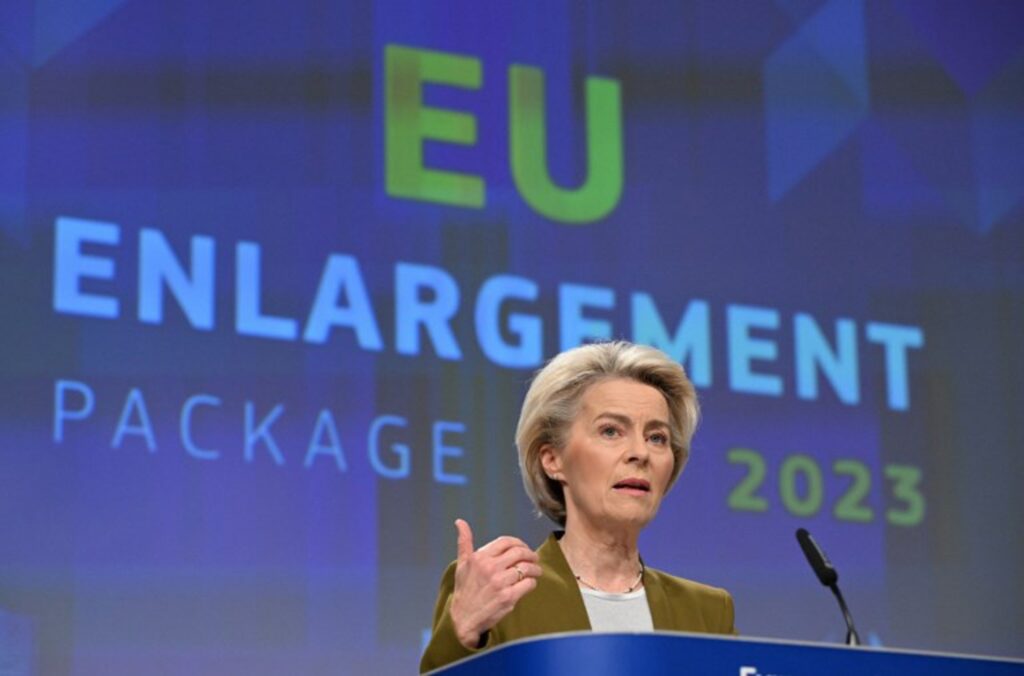The European Commission on Wednesday proposed a growth plan, including €6 billion in loans and grants, for six Western Balkan countries.
The package is aimed at helping to narrow the economic and social gap between the region and the European Union.
It would allow partner countries to greatly accelerate both their accession process and economic growth, according to Enlargement Commissioner Oliver Varhelyi.
The Western Balkan countries – Montenegro, Serbia, North Macedonia, Albania, Bosnia-Herzegovina, and potential candidate Kosovo – are making uneven progress towards EU integration.
The proposed growth plan is built on four main pillars: bringing the Western Balkans closer to the single European market, deepening regional economic integration, accelerating fundamental reforms, and increasing pre-accession funds.
The final point involves €6 billion in financial aid for the 2024-2027 period, consisting of €2 billion in grants and €4 billion in loans.
The disbursement of these funds would be conditional upon the beneficiary countries implementing socio-economic reforms, especially a commitment of Serbia and Kosovo to dialogue on normalising their relations.
European Commission President Ursula von der Leyen expressed enthusiasm about the plan, saying it could double the economy of the Western Balkans over the next decade.
The proposal will now be examined by the European Parliament and Council as part of the mid-term review of the EU’s multi-annual financial framework.
Following this review, the countries concerned will be asked to present their reform programmes.

